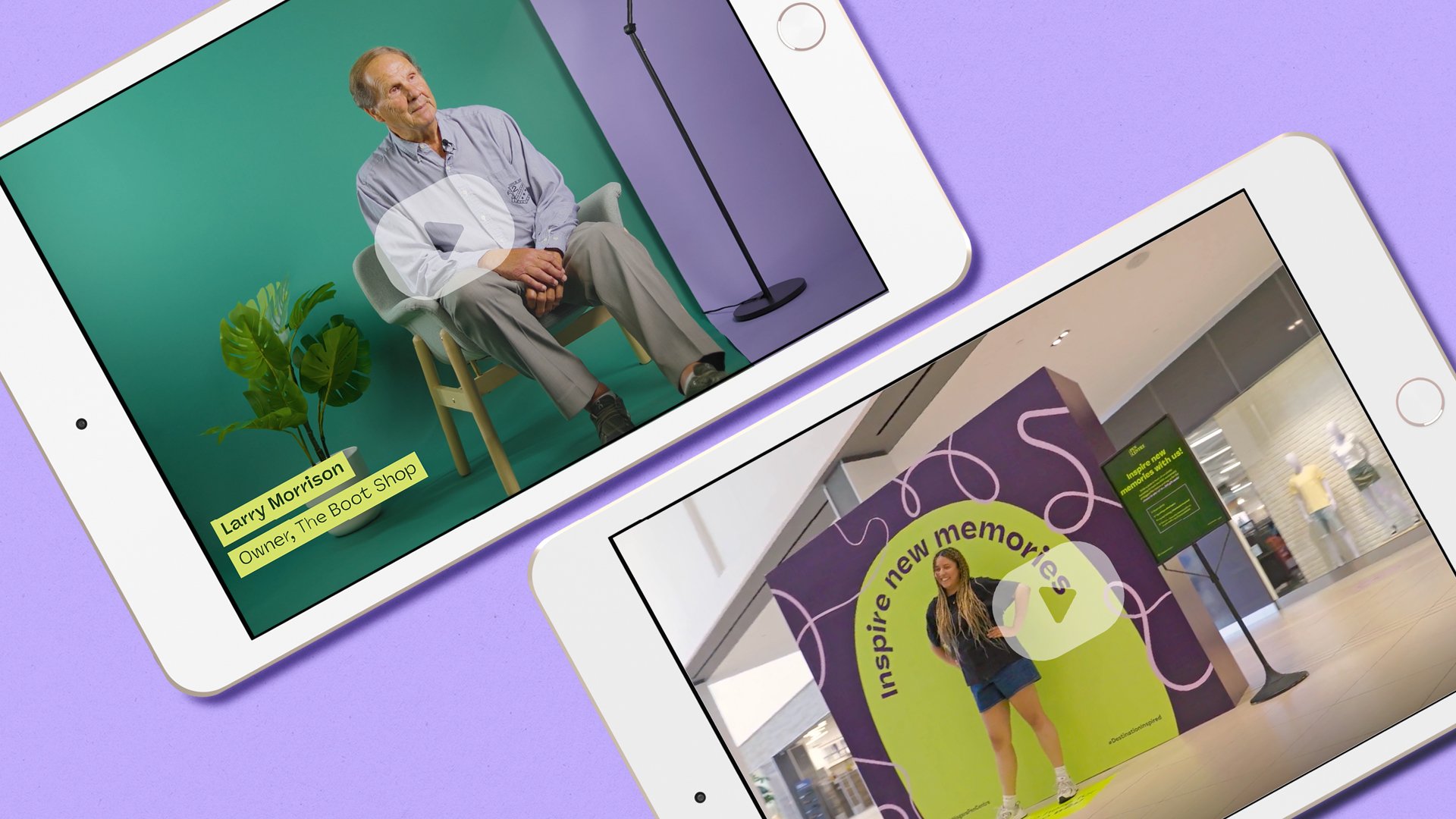
We’re an advertising agency that elevates in-house marketing teams and their brands to make their marketing stronger, ideas bigger, and jobs easier. But do our goals really end there?
Our modern economy is purpose-led—it’s not just about profit. Consumers expect more from the businesses they support. Creating sustainable, long-term well-being for all is a priority we can’t neglect. When companies define and implement an authentic social purpose, they can grow societal good while also growing their business.
In 2021, our friends at Johnston Group invited us to join them and six other local businesses in a six-month workshop led by the Social Purpose Institute of United Way Winnipeg, running from fall until spring 2022. We jumped at the opportunity, not yet knowing just how impactful this experience would be for the future direction of UpHouse, our sustainability, and our potential to do good.
What is a Social Purpose?
To effectively develop and implement a social purpose within your company, it’s important to understand what it is not.
A social purpose isn’t a business strategy, marketing device, community philanthropy, or a goal or strategy that you can achieve. It should be core to the business model—aspirational, belief-driven, broader than our products or services but incorporated into our marketing and commercialization model. A social purpose is like a North Star, a quest forever pursued but never fully reached.
Working with purpose brings undeniable benefits. It makes companies more resilient during difficult times, builds stronger relationships between customers, employees and stakeholders, generates innovation, improves financial performance—and the list continues.
Defining our social purpose was a multi-step process that required lots of critical thought and outside help, but the effort was well worth the results. We needed to clearly define how we want to grow for good—in the work we do and our community impact—in a way that’s authentic, not just a trendy idea. Then, at the six-month mark, the eight participating businesses rounded up a group of “critical friends”—including our highly regarded client David Kron from CPAM—to assess our work and see if the final product rang true.
Learning About UpHouse Through the Eyes of Our Stakeholders
We couldn’t just chat amongst ourselves to gain insight and understand our authentic social purpose. We had to round up an assortment of diverse stakeholders, including employees, clients and freelance collaborators, to understand our role and how we interact with the community. From a Proximity Paradox perspective, this process just makes sense!
At the start of the workshop series, we assembled an internal Social Purpose committee led by Kiirsten May and Erica Urias, with support from Vanessa Mancini, Brenlee Coates, and Eric Roy. Together, they planned the questions and focus group activities for our three main stakeholder groups. Each group brought plenty of fresh insights that helped us understand UpHouse‘s strengths, and the passions of our key stakeholders.
Our staff helped us recognize our human-focused approach. We believe in representation, diversity, accessibility, and a “changing of the guard”—disrupting outdated corporate systems that put certain groups at a disadvantage.
Our collaborators highlighted the theme of making folks feel welcome. Within our offices and the organizations we support, we aim to foster safe spaces, remove systemic barriers to improve representation and champion social causes that support marginalized groups.
Our clients acknowledged our focus on bringing good feelings! We have the power to frame a better reality through media, drive positive social change, and help our clients maximize their potential for great work.
Once we completed the stakeholder focus groups, United Way guided us through identifying societal issues that would impact our core business most. With all the information compiled, our team was ready to refine our social purpose options, determine our higher calling, and evolve our business model. After putting in the work, our Social Purpose committee tested our stuff in front of our critical friends on a “Hot Seat.” Here is what we presented:
We exist to inspire the social consciousness of brands.
A brand is more than a logo. It exists in the minds of the people who interact with it. When you shape a brand, you’re shaping expectations. We want to show brands what’s possible, demonstrate the business case, and spark curiosity around cause marketing, driving big ideas deep into brand marketing.
Organizations cultivate groups of people—customers, employees, and communities. Consciously or unconsciously, organizations influence and shape the identity of these groups. So, why not shape them for good? Shape them to be more inclusive, diverse, equitable and accepting.
Here’s some of the feedback we received from our critical friends during the Hot Seat session:
“How do you enable change? It’s storytelling that connects the brain and heart. We all need to do it.” – David
“We consume marketing every day, and it can make or break our day. You’re not relying on tokenism; you’re showing where businesses need to focus. What we are doing to support the causes we say we care about? The word inspire acknowledges that no one has it all figured out. We need partners that can inspire us to go further.” – Charlie
“We all need someone to ask the hard questions around outcomes and consequences. You can be the trusted advisor that creates different narratives.” – Maia
A Framework for Community Stewardship
The work is far from over. Now, it’s up to us to take this written purpose statement of marketing for good and bring it to life. Our committee is raising important questions so we can continuously brainstorm new ways to uphold our purpose in all that we do.
How can we inspire creativity?
How can we do more than just write a cheque for a cause we support?
How can we avoid unintentional community harm?
How can we influence the world around us through radical inclusivity?
In marketing, we don’t have a governing association for what we’re putting out, but we’re accountable to the public, each other and ourselves. No one will hold your hand through the process, so we need to make it happen ourselves. Our work reaches so many people and has endless potential to do so, and with our Social Purpose acting as our guiding North Star, we feel ready to make marketing better than ever.





